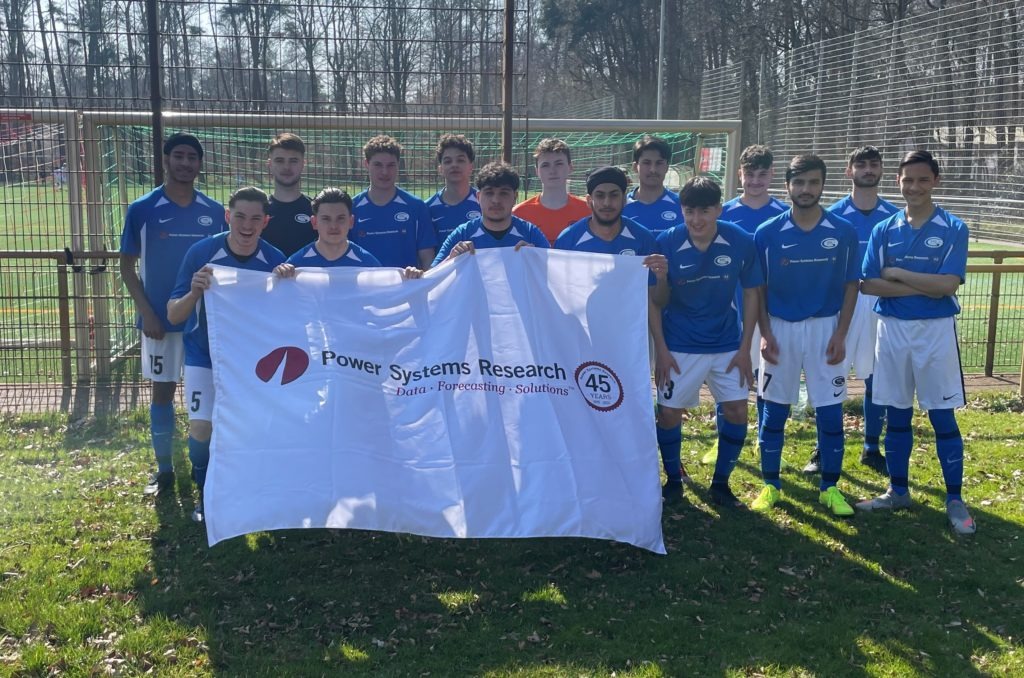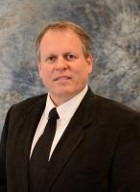Plant-Based Bio-fuel May Not Replace Fossil Fuels
EUROPE REPORT

Over the last decade we have worked to reduce fossil fuel consumption in Europe without cutting back the use of our cars, trucks, and motorbikes. It was thought that by mixing diesel and fuel with crop-based bio-fuel it would reduce fossil fuel usage.
However, over the last 30 years the emission of CO2 has increased, raising questions about the effectiveness of this measure. After extended analysis from the Environmental Action Germany (DUH), it has been concluded that this may not be a solution to the problem of reducing carbon emissions.
Consider that the production and consumption of immense areas of land across the globe dedicated to the cultivation of these fuels actually have a huge environmental cost. For example, to satisfy Germany’s appetite for these natural bio-fuels, 1.3 million hectares of land have been converted to its production. This equates to 9.2 million tons of CO2 saved each year. However, if we were to dedicate this land to natural restoration projects with a portion dedicated to solar energy production, we would be able to save 27.5 million tons of CO2 each year.








